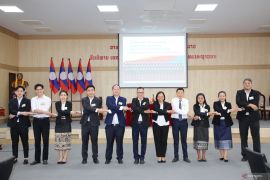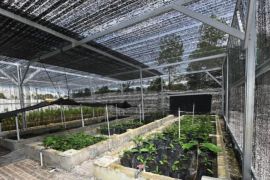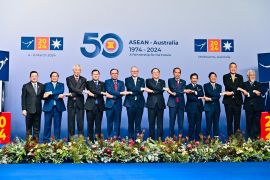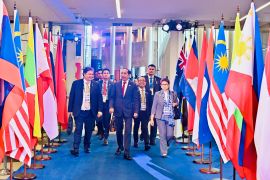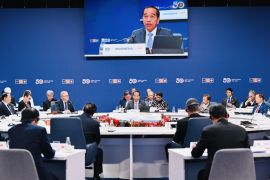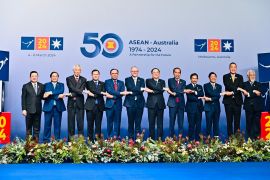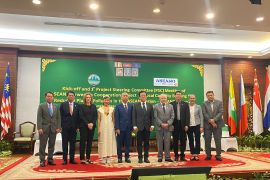"This is good and the Vietnamese delegation`s visit here means that KAT empowering efforts in Indonesia have successfully been carried out so that we can share our experience with them," Rusli Wahid, director general of social empowerment and poverty alleviation at the social affairs ministry, said in Jakarta on Monday.
A Vietanese Tribes Committe delegation headed by Mua A Tua made a working visit to Indonesia`s social affairs ministry to exchange information about KAT, he said.
It was hoped the meeting with the Vienamese delegation would produce recommendations on KAT empowerment, such as ways to get people and local and central governments involved in the efforts.
"It is impossible to develop people in remote locations by depending on one ministry only. All parties should get involved," said Rusli.
Rusli added Indonesia, too, would make a comprehensive study in Vietnam on the implementation of KAT empowerment programs, Vietnam`s experience in the field or its successes.
The Vietnamese delegation was also scheduled to visit the land of the Baduys in Banten on Wednesday, October 19, 2011.
According to Social Ministry data in 2009, indigenous people in remote regions in Indonesia number 213.080 families. Around 75.621 had been empowered and 9.787 were being empowered.
"There are still 127.621 families who are not empowered yet," added Rusli.
Because of their isolation, KAT communities were still facing social, human rights and social and political integration problems.
KAT empowerment efforts start with social mapping, followed by identification of KAT existence, first assessment, categorical determination, feasibility study, identification of problems and needs of KAT people, program planning and preparations to improve their conditions.
In the third year of a given program, the efforts would focus on residential development along with counseling on social network relationship, social development counseling, medical, educational, clean water and other services, also group or institutional assistance. (*)
Editor: Aditia Maruli Radja
Copyright © ANTARA 2011


